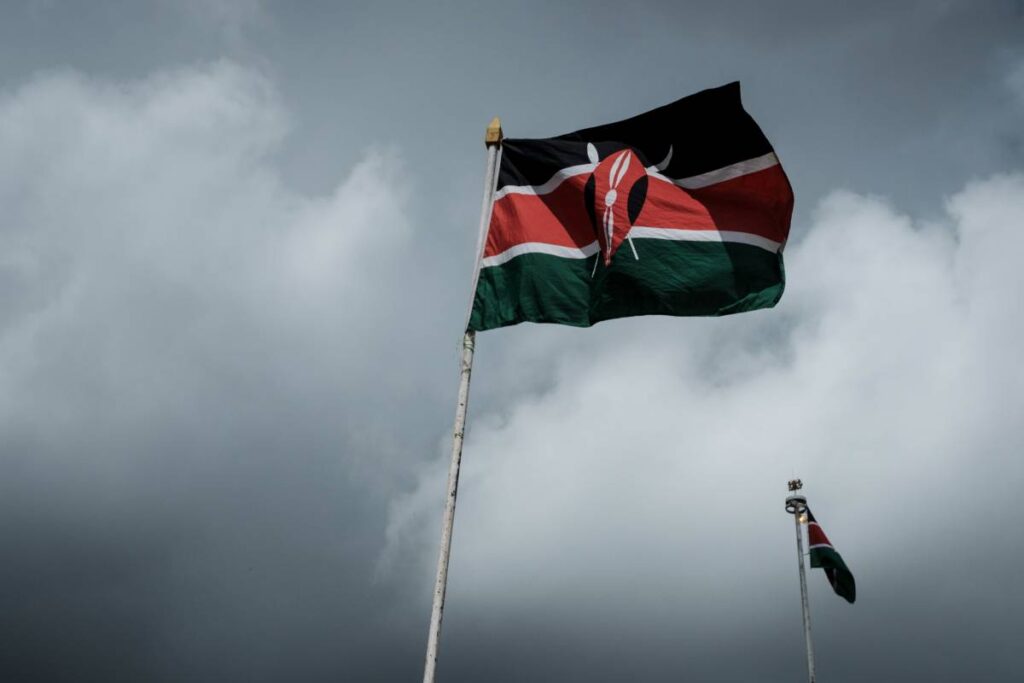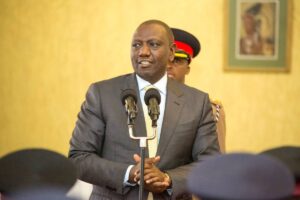The Party of National Unity (PNU); United Republican Party (URP); Ford Asili; The National Alliance (TNA). These were major parties in previous elections but are currently part of our political parties graveyard yet their leaders remain active in other political outfits.
This begs the questions – are political parties mere special purpose vehicles for elections?
In this year’s election, 49 political parties out of 98 registered parties secured elective positions. Our Party – the Green Thinking Action Party (GTAP) – was among them. It is incumbent on these parties to continue engaging their members systematically.
According to Section 23 of the Political Parties Act, the Political Parties Fund forms the basis for financing political parties in Kenya. Consequently, qualifying parties are largely funded by taxpayers. That’s why they must be fully accountable to Kenyans. This accountability also applies to smaller political parties that don’t qualify to receive Government funds. After all, they exist because of their membership. Unfortunately, red flags abound in this accountability space.
Undeniably, most Kenyans have no clue about the ideology of their political party, yet these are the deep-seated set of beliefs that must be lived and seen in legislative priorities of the party.
Political parties must therefore lay out legislative agendas that are in sync with their ideologies, not just their ever-changing manifestos.
Unfortunately, many of Kenya’s registered 98 parties lack defining ideologies. In fact, a good percentage of these parties were formed with the express purpose of being sold at a profit to aspiring politicians. But before we cast a stone at such parties, we must look hard in the mirror and discern the logs in the eyes of our own preferred parties. If they are not tribal groupings, they are probably under the exclusive control of party leaders and a select few.
Are the smaller parties becoming part of the problem by not dissolving and joining larger parties to strengthen them from within? That would be a viable route if the so-called larger parties were not under the exclusive control of their leaders. Unfortunately many of these smaller parties end up embracing those same undemocratic practices. In this regard, we must all take responsibility for our country’s sorry political party culture.
In addition to party leaders and officials, party members too must take responsibility. As of March this year, at least 24 million Kenyans were registered political party members. Out of these, 64 per cent were men while women constituted 36 per cent. These members should be the real owners of their political parties. They must infuse ideology, transparency and accountability into their respective political parties. As long as they remain passive, party leaders will keep using them for political relevance.
In the same vein, party offices should not just exist for the sake of inspection by the Office of the registrar of political parties (ORPP). Rather, they should metamorphose into hubs of relevant positive community activities at the grassroots level. This can be further reinforced through regular, democratic party elections for all office bearers from the national level to the Ward level.
In the words of former President Moi, “Siasa ni Maisha, siasa mbaya, maisha mbaya.” Because political parties are the nerve centers of organized politics, it follows that bad political parties beget a low quality of life for the citizenry. That’s why changing our political party culture must be an urgent, lasting priority. This involves changing our perceptions of political engagement. Currently, political actors are regarded in the corporate world as high risk or Politically Exposed Persons (PEP) who should not hold certain offices or lead initiatives, yet these same institutions that covertly fund political activities. Its time for this hypocrisy to stop. Being politically active should be celebrated, not demonized. Think green, act green.



